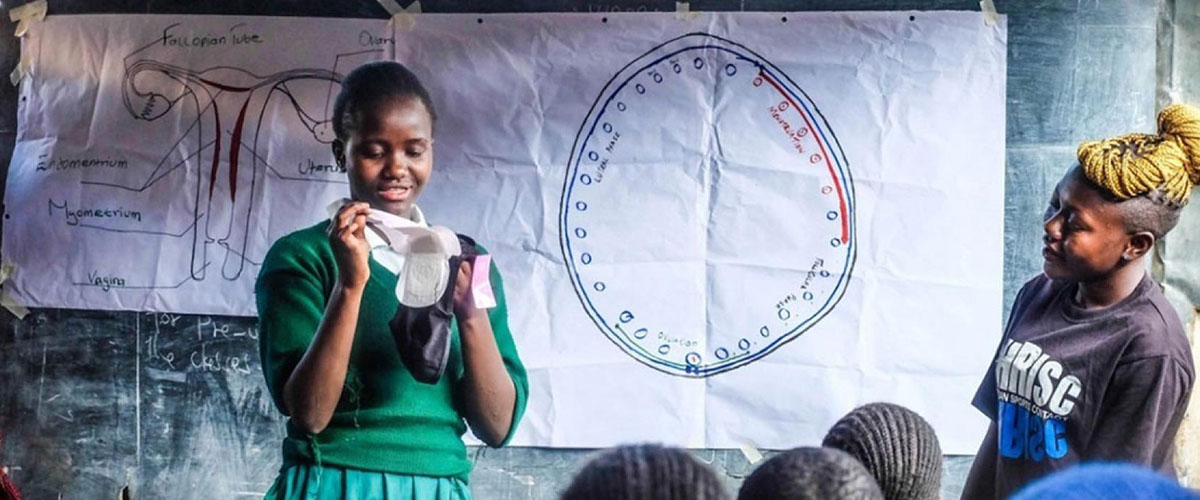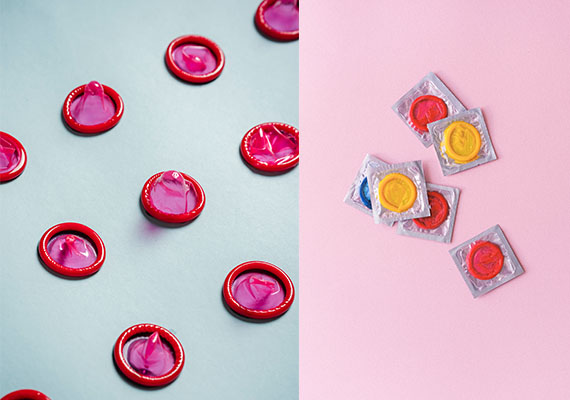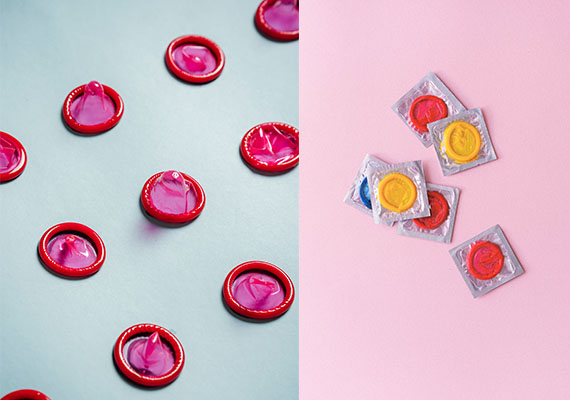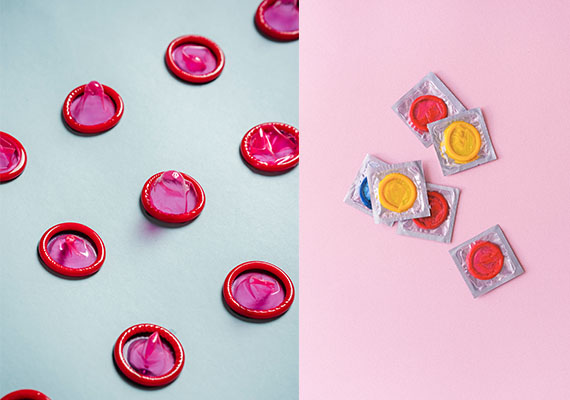Menstrual hygiene management for good health

Knowing what to do and doing it well are vitally important in maintaining a healthy menstrual cycle.
Menstrual hygiene management entails the products women and girls use during menstruation, how to use it properly and how to dispose of them off or clean them well in other to avoid the growth of bacteria or infections. Blood can offer a favorable environment for bacteria to grow so health care providers recommend rinsing the genital area at least twice a day more often if you feel uncomfortable. Start by washing your labia and then the perineum and anus with warm water without soap. Moreover, health professionals advise choosing sanitary products with an absorbency level that’s appropriate for your menstrual flow. Remember to change every 4 to 8 hours depending on the product you use; 4 hours for pads, 4 to 8 hours for tampons and 10 hours for menstrual cups. Clean reusable pads properly. Wear comfortable, clean underwear. Note that sanitary products are not to be flushed down the toilet. To discard them, simply wrap them up in a toilet paper or plastic bag before disposal so that it minimizes smell and the spread of bacteria.
Calculating your menstrual cycle
It is no news that adolescent girls and young women still do not grasp the difference between regular and irregular menstrual cycles and how to calculate their cycles. Here is a simple way to go about it. First of all, the normal length of a woman's menstrual cycle is 28 days, but this varies between individuals. Irregular menstruation is when the length of the cycle is more than 35 days, or if the duration varies every month (medicalnewstoday.com). In calculating cycles, the first day of bleeding is day one, and the last day of the cycle is the first day of bleeding in your next cycle. Ovulation normally occurs 12-16 days before your period starts. In simpler terms, to calculate your fertile window, you count 10 days from the first day of your menses. From the tenth day, count 8 other days. Those 8 days are your fertile days in which you could get pregnant if you have unprotected sexual intercourse. With irregular cycles, it’s possible to ovulate without bleeding later. This often occurs because of certain hormonal medications (Flo health mobile app).
Nowadays, there are good mobile applications that are available to help women and girls track their cycles so as to make the best of their cycles be it to know predictions on their cycles such as next menstruation day, ovulation day and health insides.
Doreen Sere Penn










